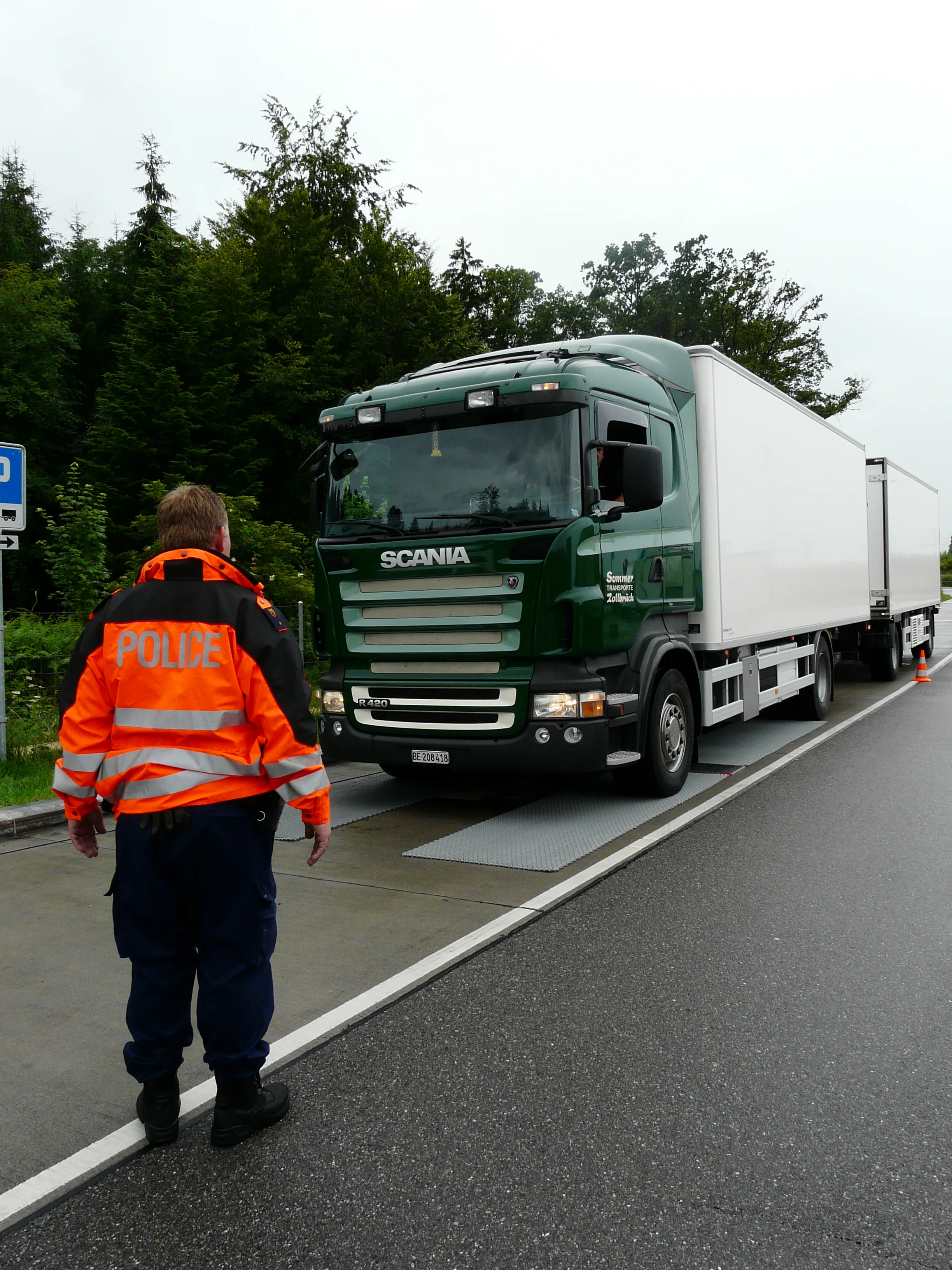Drug driving is a hidden risk in the UK.
By MJ Woof
March 8, 2021
Read time: 3 mins

A new report highlights that drug driving may be a more serious issue in the UK than is currently appreciated. The report, ‘Drug driving: the tip of an iceberg?’ has been published by The Parliamentary Advisory Council for Transport Safety (PACTS). This calls on the UK Government to review the way that drug driving is tackled. The report highlights that while increasing numbers of drivers are being caught and prosecuted in some areas, enforcement is far less effective in others areas. As a result, many drivers appear to be getting away with driving while under the influence of drugs.
Enforcement of the drug driving laws varies dramatically across the UK. Some police forces convict 10 times as many drug driving offenders than others.
Some police forces now have as many convictions for drug driving as drink driving while in other forces patrols are rationed to a single test.
The data shows that 12,391 people were convicted of a drug driving offence in 2019. And these numbers are rising fast.
The data shows that 44% of drug drive offences are committed by a reoffender. The issue of risk taking behaviour such as drug driving being linked to other offending is also apparent from the data. Some 67% of those convicted of drug driving had one or more previous conviction, typically for theft/burglary or drug-related offences.
The PACTS report shows that high costs and delays with blood testing mean that some police forces are rationing what should be a routine roadside test. Forces with better procedures, contracts and training are convicting 10 times more drug drivers than others, when controlling for population size.
Reoffending is a major concern. One person committed the offence ‘driving or attempting to drive with drug level above the specified limit’ when they had 18 previous drink- and drug-driving offences. To address these issues, a Drug Drive Rehabilitation Course and High Risk Offender Scheme should be introduced, modelled broadly on the existing drink drive programmes, but with better screening for drug and mental health problems and with clear pathways to treatment.
Drivers who combine alcohol and drugs are likely to be significantly more impaired than those who consume only one. However, those who combine drink and drugs do not receive a longer sentence. PACTS recommends introducing a new combined drink and drug driving, with a lower drink drive limit, that recognises the risk drivers who combine alcohol and drugs pose.
There is insufficient data on the impact of drug driving, including how many people are killed as a result of drug driving, and how many roadside drug drive tests are undertaken. There are reasons to believe the problem may be far greater than current systems show and may be growing – the tip of an iceberg.
Over the past five years, great strides have been made in legislation and enforcement of drug driving, in line with the recommendations of the 2010 North Report. However, this report shows that more action is now needed.








